Higher penalties are needed to control violations in the field of food safety.
Higher penalties are needed to control violations in the field of food safety.
Proposal to increase fines
Recently, the Vietnam Fatherland Front Committee of Hanoi City held a conference to provide social criticism on the Draft Resolution of the City People's Council on fines for some administrative violations in the field of food safety.
At the meeting, Mr. Vu Cao Cuong, Deputy Director of the Hanoi Department of Health, said that the Department proposed to double the fines for administrative violations in the field of food safety in Hanoi compared to the fines prescribed in current decrees. This is the maximum fine prescribed in the Capital Law 2024, aiming to create a strong deterrent for organizations and individuals participating in activities related to food safety, thereby promoting a healthy business environment, raising awareness of businesses and people in implementing regulations on food hygiene and safety.
The increase in fines aims to enhance the effectiveness of management, supervision and handling of violations, protect consumer health, improve quality of life and build trust in the community.
When asked about this proposal, many opinions agreed that increasing the fine level is part of Hanoi's strategy to drastically implement measures to ensure food safety. This resolution will be an important legal basis for implementing the Capital Law, while also creating conditions for competent agencies to monitor, inspect and handle violations in this field more effectively.
In recent years, the situation of dirty food, unknown origin and contaminated with toxic chemicals has become a major threat to people's health. Cases of food that does not meet quality standards, such as vegetables soaked in chemicals, food containing pesticide residues exceeding the permitted level, or dirty food in small businesses, have raised concerns in the community.
The increased fines are not only aimed at handling violations, but also create pressure on food production and trading establishments, forcing them to comply with regulations on food quality and origin.
Currently, according to the provisions of Decree No. 115/2018/ND-CP of the Government on administrative sanctions for violations in the field of food safety, violations such as using unsanitary equipment and tools, not following hygiene procedures in processing, or using water sources that do not meet quality standards will be fined from 1 million VND to 3 million VND. Facilities that do not comply with the regulations on three-step food inspection or food sample storage can be fined from 3 million VND to 5 million VND.
Particularly serious, establishments that employ food processing staff without a certificate of training in food safety knowledge will be fined from 5 million to 7 million VND. Acts such as using substandard water or failing to collect and treat waste in the processing area can be fined from 7 million to 10 million VND.
In addition, the fine can be up to 100 million VND for individuals and 200 million VND for violating organizations, especially in cases where this fine is still 7 times lower than the value of the violating food.
Need to specify implementation solutions
Although increasing the level of fines is necessary, delegates also emphasized the need to add specific enforcement measures. It is necessary to have detailed guidance appendices to facilitate implementation and ensure feasibility, especially in the field of street food business. Authorities also need to step up propaganda work and decentralize more strongly to local authorities.
In addition, some opinions suggest that it is necessary to study and divide specific fines for each violation, avoiding the situation of applying the same fine to all cases. Some violations are not serious in nature, but can be punished with too high a fine, leading to negativity and affecting the enforcement process.
An important issue proposed by delegates is the need to encourage community participation in monitoring and detecting food safety violations. Forms such as rewarding individuals who detect violations, or using hotlines to report violations to authorities will create a more effective and transparent monitoring environment.
Opinions all agreed that the issuance of a Resolution on penalties for food safety violations is extremely necessary, helping to increase management efficiency and raise the sense of responsibility of organizations and individuals in this field.
In order to reduce food-related violations, authorities need to implement appropriate enforcement measures and promote the role of community supervision. This not only creates a safe and healthy living environment for people, but also effectively protects public health.
Source: https://baodautu.vn/tang-muc-phat-voi-hanh-vi-vi-pham-an-toan-thuc-pham-d242398.html


![[Photo] General Secretary To Lam receives French Ambassador to Vietnam Olivier Brochet](https://vstatic.vietnam.vn/vietnam/resource/IMAGE/2025/4/17/49224f0f12e84b66a73b17eb251f7278)
![[Photo] President Luong Cuong receives Kenyan Defense Minister Soipan Tuya](https://vstatic.vietnam.vn/vietnam/resource/IMAGE/2025/4/17/0e7a5185e8144d73af91e67e03567f41)
![[Photo] Warm meeting between the two First Ladies of the Prime Ministers of Vietnam and Ethiopia with visually impaired students of Nguyen Dinh Chieu School](https://vstatic.vietnam.vn/vietnam/resource/IMAGE/2025/4/17/b1a43ba73eb94fea89034e458154f7ae)
![[Photo] Welcoming ceremony for Chinese Defense Minister and delegation for friendship exchange](https://vstatic.vietnam.vn/vietnam/resource/IMAGE/2025/4/17/fadd533046594e5cacbb28de4c4d5655)
![[Photo] Hundred-year-old pine trees – an attractive destination for tourists in Gia Lai](https://vstatic.vietnam.vn/vietnam/resource/IMAGE/2025/4/17/25a0b7b629294f3f89350e263863d6a3)
![[Photo] Prime Minister Pham Minh Chinh and Ethiopian Prime Minister visit Tran Quoc Pagoda](https://vstatic.vietnam.vn/vietnam/resource/IMAGE/2025/4/17/18ba6e1e73f94a618f5b5e9c1bd364a8)


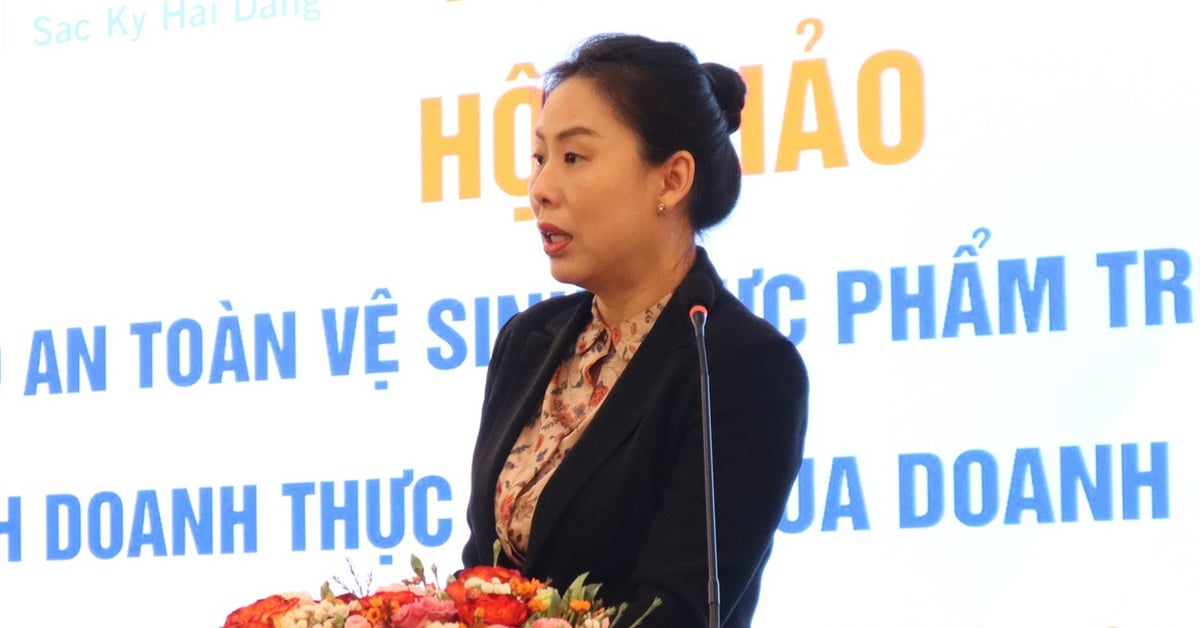

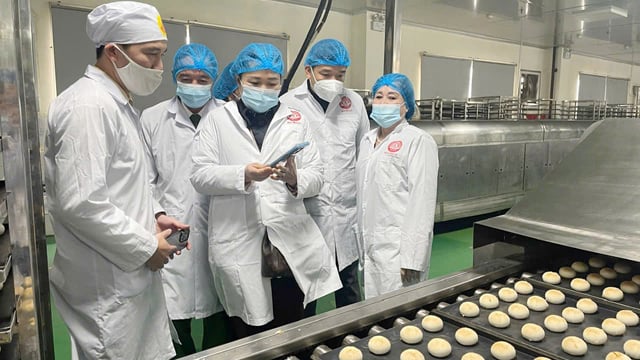



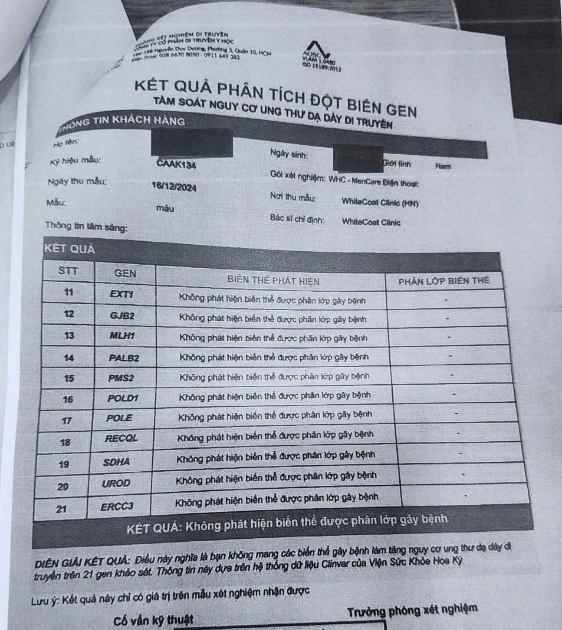
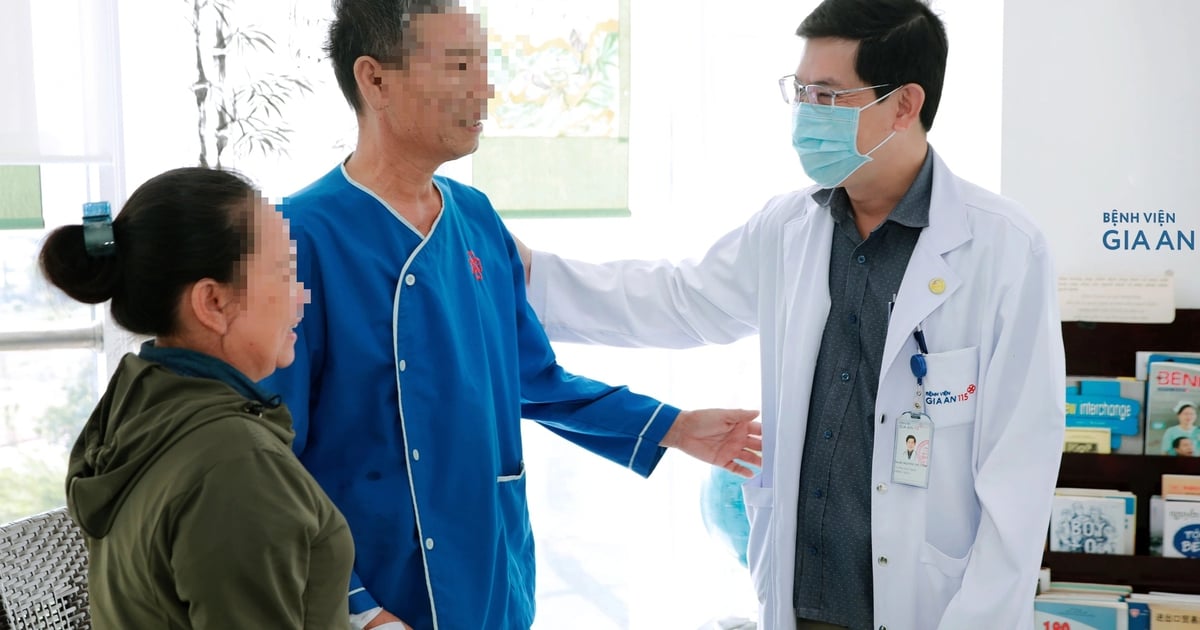

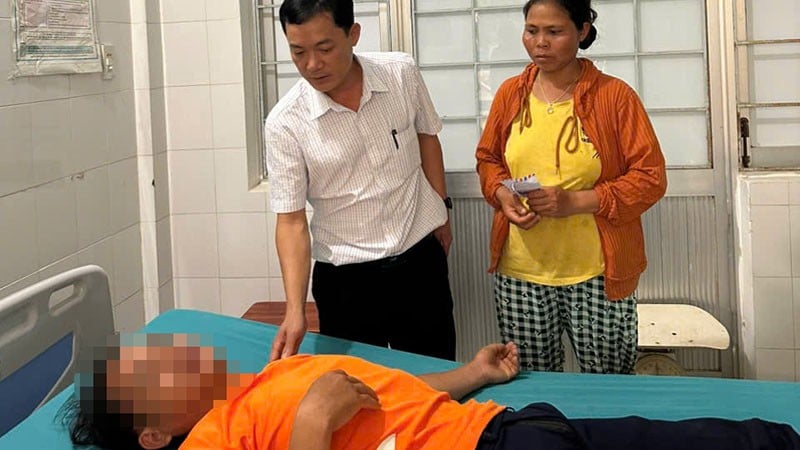
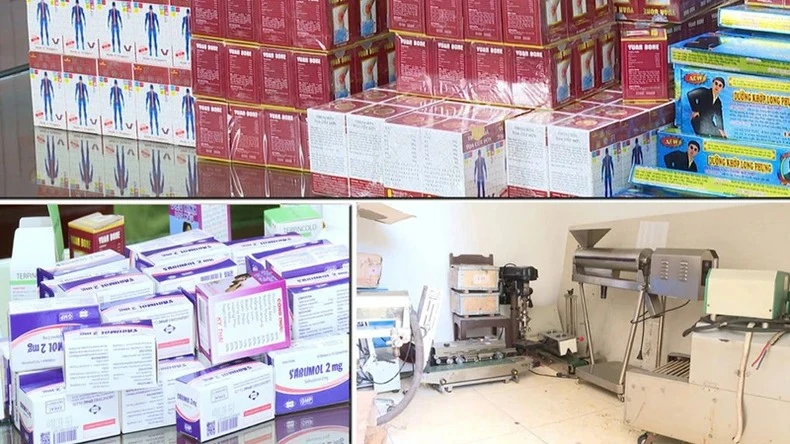
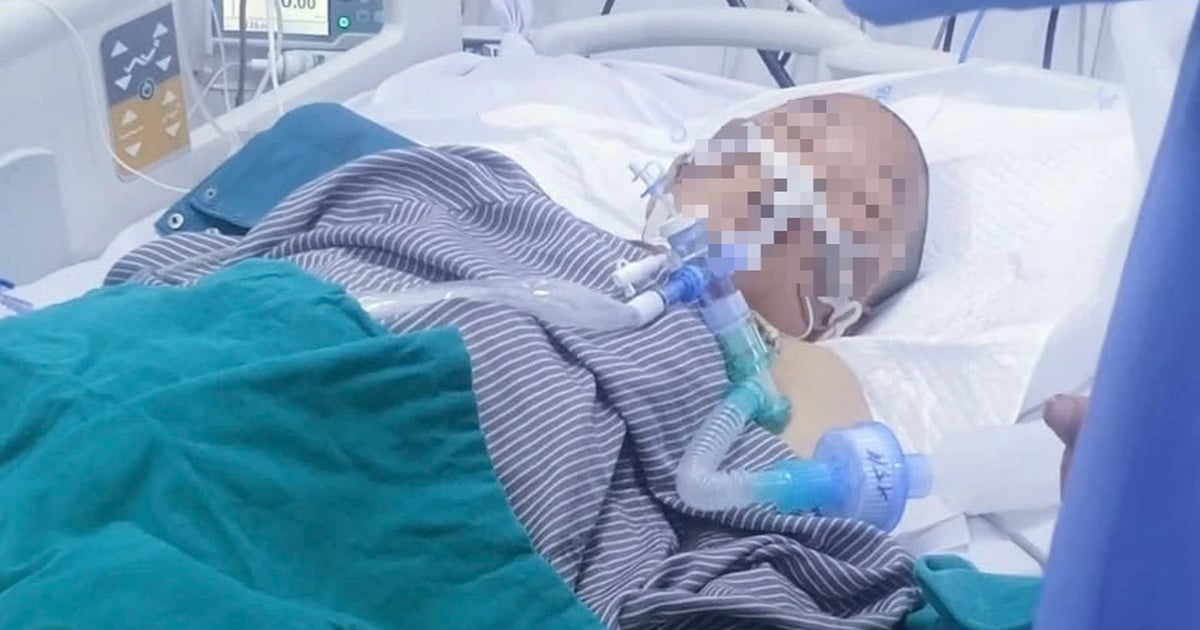





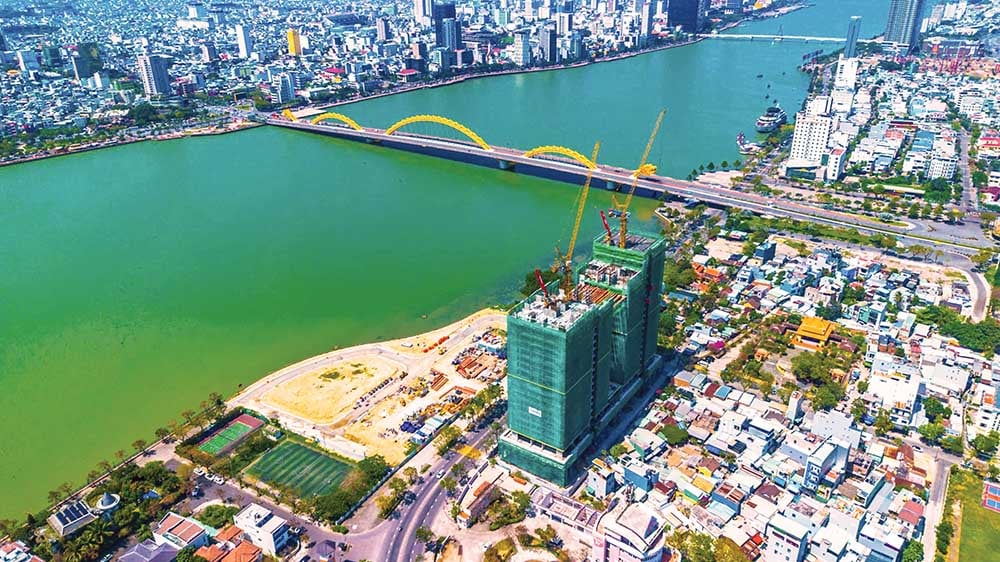
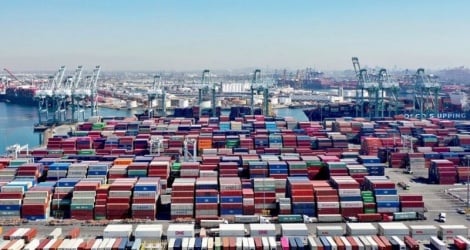



![[Photo] Promoting friendship, solidarity and cooperation between the armies and people of the two countries](https://vstatic.vietnam.vn/vietnam/resource/IMAGE/2025/4/17/0c4d087864f14092aed77252590b6bae)

























![[Video] Viettel officially puts into operation the largest submarine optical cable line in Vietnam](https://vstatic.vietnam.vn/vietnam/resource/IMAGE/2025/4/17/f19008c6010c4a538cc422cb791ca0a1)











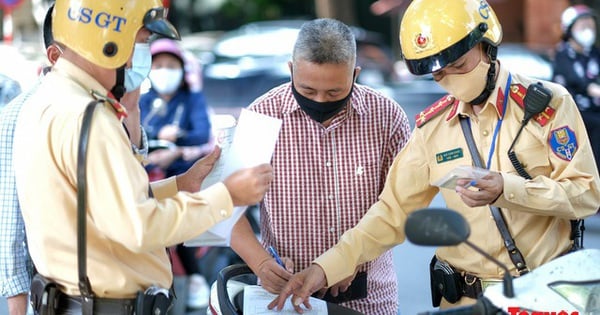




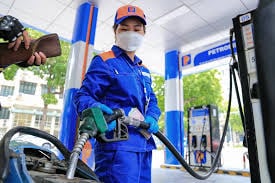

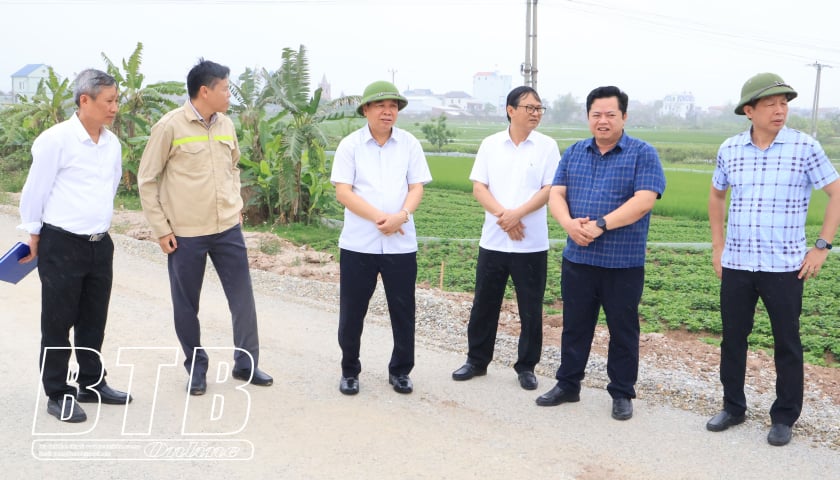

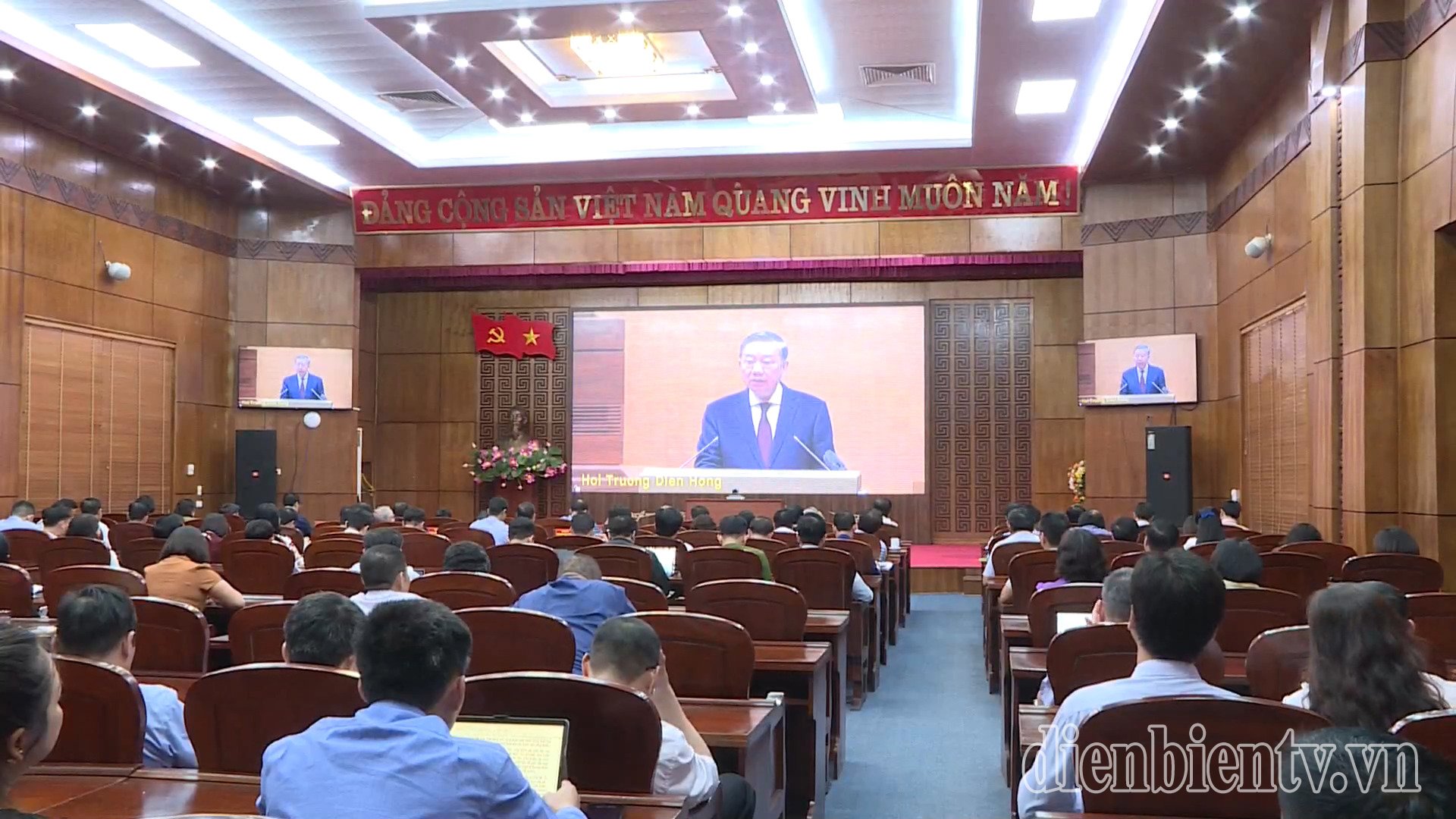


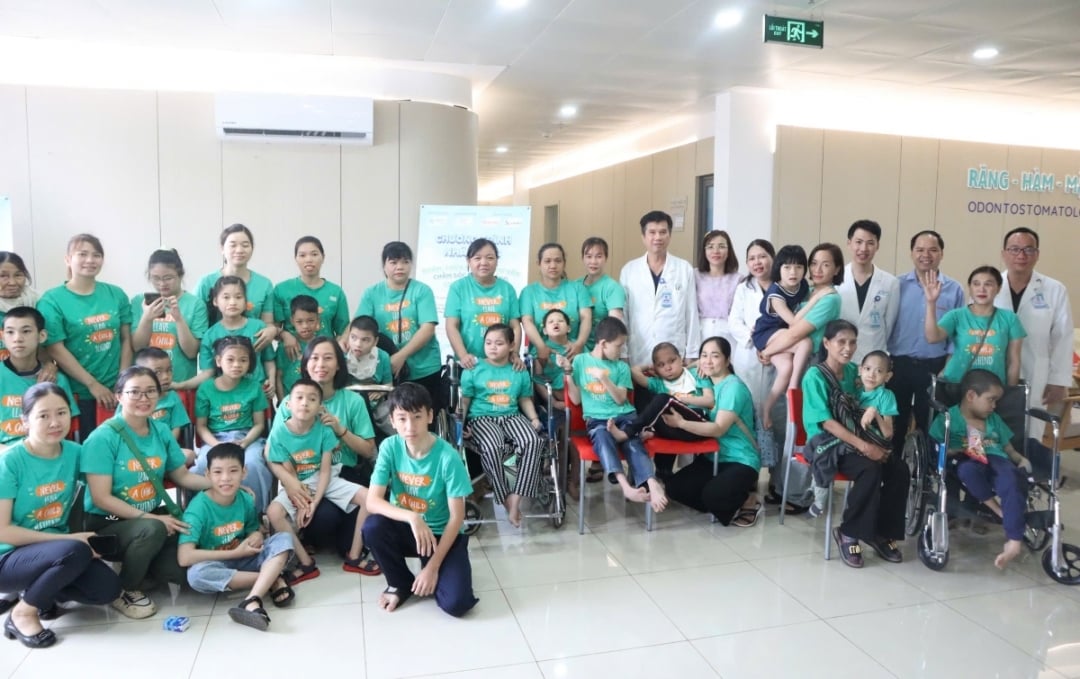

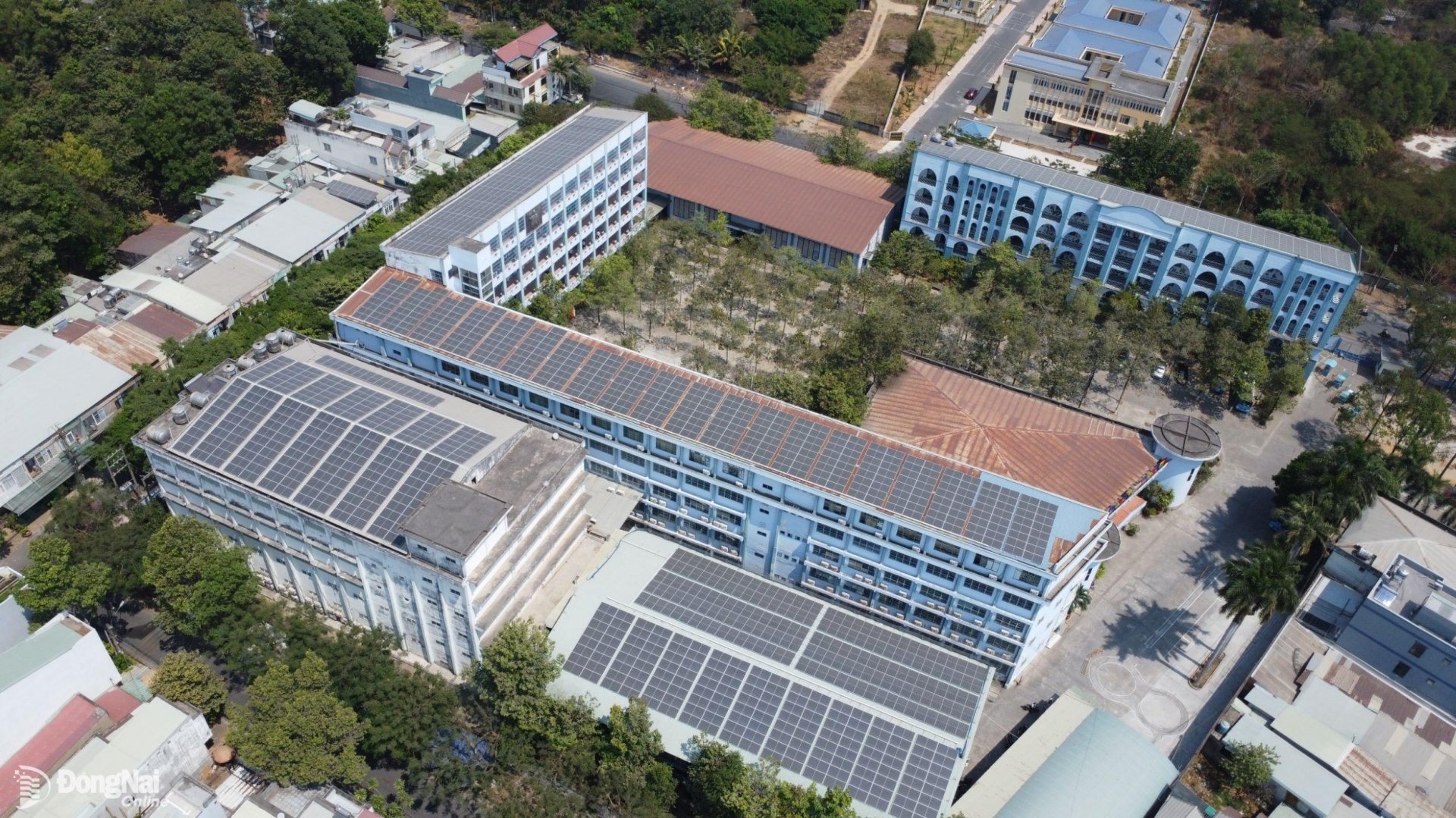

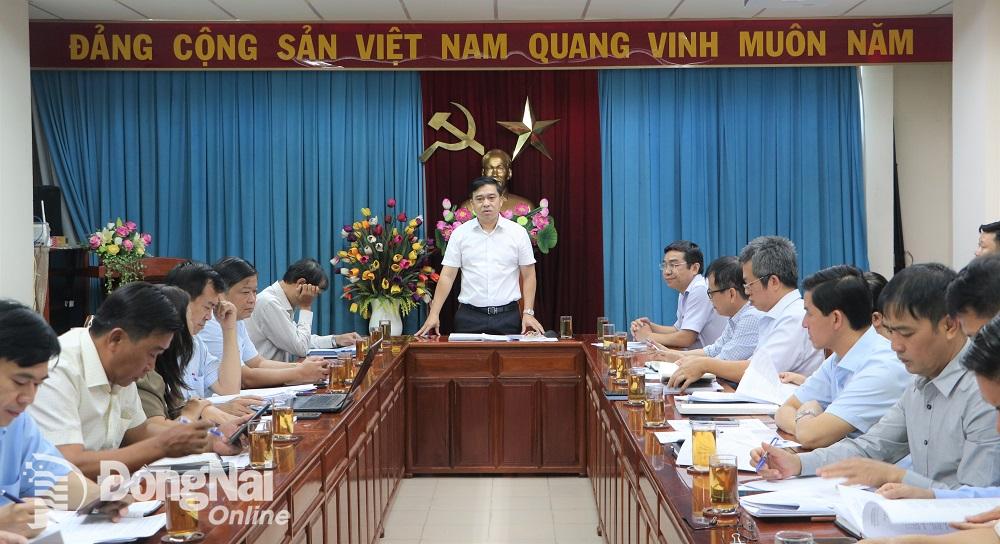










Comment (0)